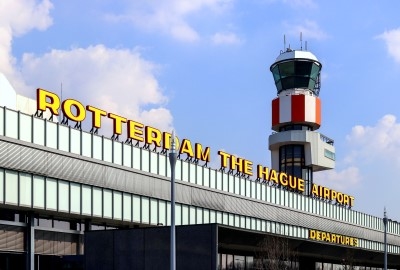Rolls-Royce is making progress towards 100% SAF
Rolls-Royce successfully completed a series of tests of powering its aircraft engines with 100 percent SAF. The tests on Rolls-Royce’s its latest generation of business aviation engines, the Pearl 15 and the Pearl 10X, may benefit the manufacturer’s overall progress in reducing net CO2 lifecycle emissions in aviation.
MEM Magazine reported that the tests demonstrated that Rolls-Royce’s current engine portfolio for large civil and business jet applications can operate with 100% SAF, laying the groundwork for moving this type of fuel towards certification. SAF is currently only certified for blends of up to 50% with conventional jet fuel. Rolls-Royce claims that it will soon offer proof that all its in-production Trent and business aviation engines are compatible with 100% SAF.

Journey to achieve net zero flight
The tests took place at Rolls-Royce’s Business Aviation headquarters in Dahlewitz, Germany, and are part of the company’s ongoing ambition to play a leading role in the journey to achieve net zero flight by 2050. The aim of the tests in Germany was to confirm further improvements in the environmental footprint when switching to SAF.
The HEFA (Hydro-processed Esters and Fatty Acids) SAF that was used for the test was produced from waste-based sustainable feedstocks such as used cooking oils and waste fat. This fuel has the potential to significantly reduce net CO2 lifecycle emissions by about 80% compared to conventional jet fuel.


